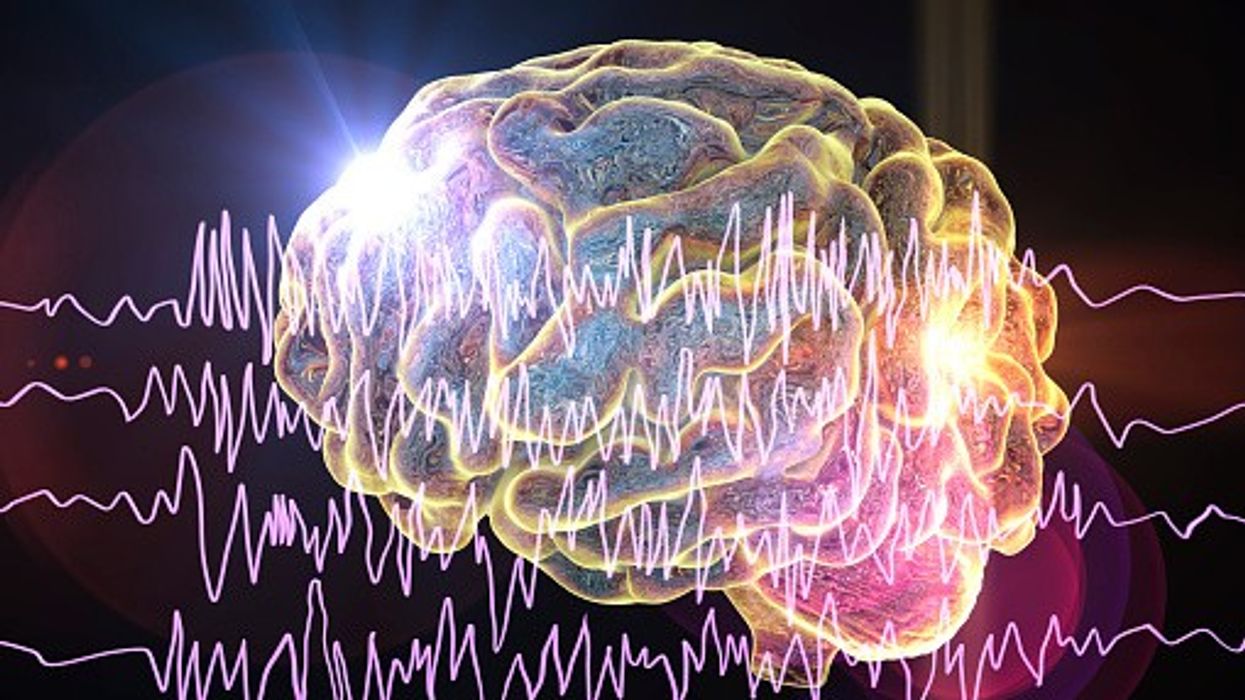This new epilepsy treatment targets the part of the brain causing seizures without the need for invasive surgery
Good news for patients whose epilepsy cannot be controlled by standard anti-seizure drugs! Next month, NHS England will introduce a cutting-edge laser beam therapy that can prevent seizures in these individuals.
Known as Laser Interstitial Thermal Therapy (LITT), the advanced treatment targets the part of the brain causing seizures without the need for invasive surgery, the health service said.
The new fibre optic laser therapy is being offered at King’s College Hospital in London and The Walton Centre in Liverpool. Starting from June, it will be gradually extended to eligible patients across England.
Each year, it is expected to benefit up to 50 epilepsy patients in England who are resistant to standard anti-seizure medications.
“This groundbreaking new treatment will change the lives of those with severe epilepsy improving quality of life and providing much-needed assurance,” said Andrew Stephenson, Minister of State for Health.
James Palmer, NHS England’s Medical Director for Specialised Services and a Consultant Neurosurgeon, noted that it will offer new hope to patients for whom standard drugs are not effective in controlling their seizures.
“Not only will this world-leading technology help replace invasive surgery for patients, which can have a huge impact and take months to recover from, it will also allow clinicians to better target the parts of the brain causing the epilepsy, which dramatically reduces the risks and helps cut patients’ recovery time both in and out of hospital,” he added.
Laura Diable, 39, from Birkenhead, shared that she had not had one seizure since having the procedure nearly a year ago. She was one of the first three patients to have LITT at The Walton Centre.
“Before, the seizures were incapacitating me, leaving black spots in my memory. Thanks to LITT I’ve been able to get on with my life and worry less about my epilepsy – I can’t thank the team at The Walton Centre enough,” she said.
It is estimated that around 600,000 people are currently living with Epilepsy across the UK.













